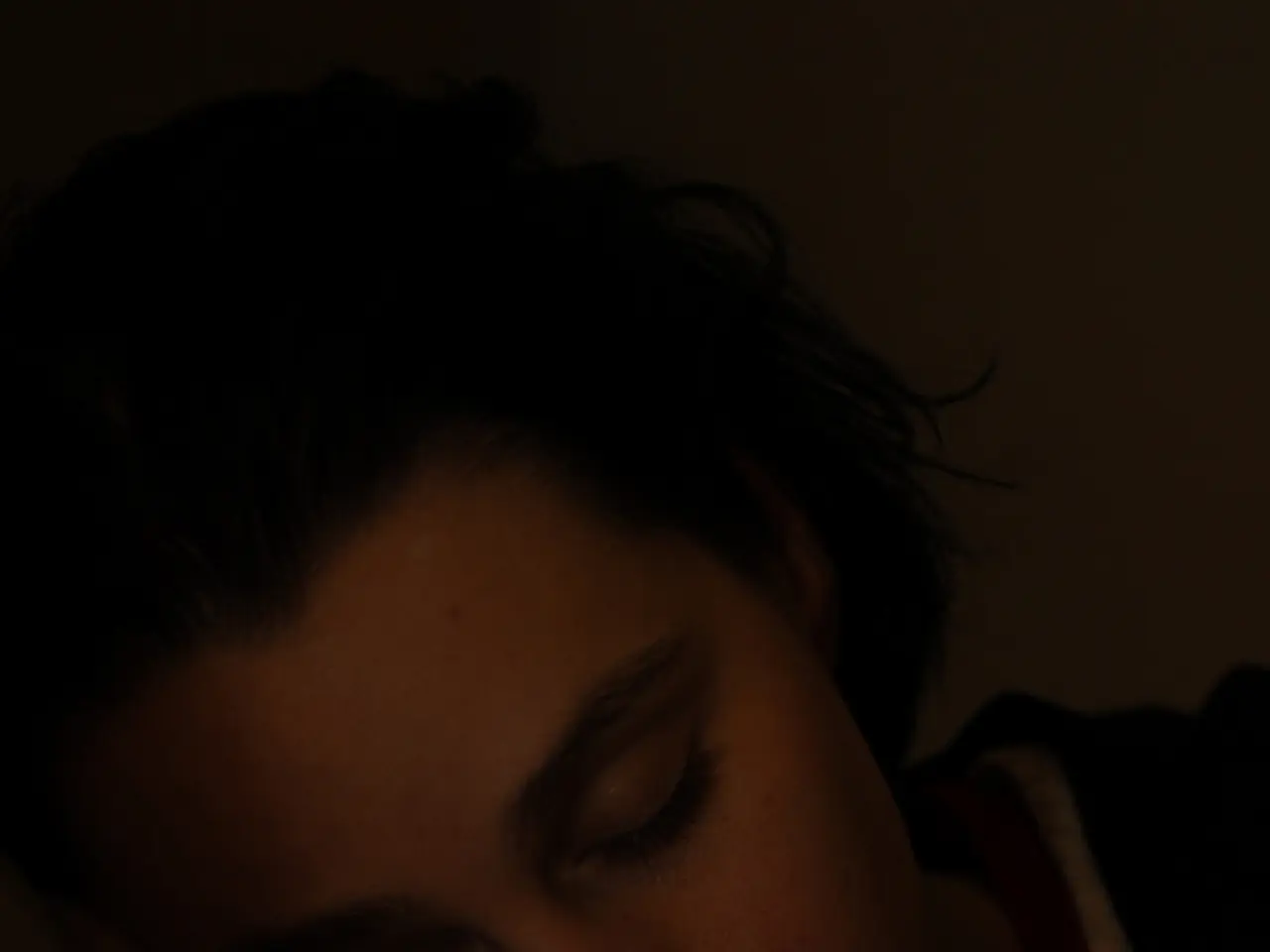Insights into Nocturnal Consumption Habits
Sleep-Related Eating Disorder (SRED), also known as sleep eating, is a type of parasomnia that affects around 1-2% of the general population. This condition is characterised by unusual eating behaviours during sleep, and it's more prevalent in women, who make up 66% to 75% of all clinical cases.
If you suspect you might have SRED, talking with a doctor is often the first step to diagnosis and treatment. Your doctor may ask you to keep a sleep diary tracking your sleeping patterns, and a sleep study called a polysomnography may be required.
SRED may carry a risk of sleep disruption, weight gain, potential injury from preparing foods while sleeping, and ingesting toxic substances. Symptoms of SRED include binge eating while asleep, eating strange combinations of food, waking up with little to no memory of eating, accidental injuries while sleep eating, weight gain, not feeling hungry in the morning, and feeling fatigued during the day.
SRED commonly occurs with other sleep disorders like sleepwalking, restless legs syndrome, obstructive sleep apnea, narcolepsy, and periodic limb movement disorder. Some medications can cause sleep eating, such as zolpidem, antipsychotics, and antidepressants.
Nocturnal eating syndrome (NES) is an eating disorder that causes people to wake up and eat during the middle of the night to fall back asleep. People with NES may or may not remember their nighttime eating episodes, while those with SRED often have no memory of their eating.
Treatment approaches for SRED often begin with addressing underlying conditions and possible causes of symptoms. Strategies for managing SRED include managing stress levels, locking or using an alarm on your refrigerator, and practicing good sleep hygiene.
It's important to note that Binge Eating Disorder (BED) is an eating disorder that causes people to consume large amounts of food, even when they're not hungry. SRED and BED share symptoms of increased food consumption but differ in consciousness during binge eating. People who sleep eat may choose foods that they wouldn't normally eat during the day, like those that are high in sugar or calories.
More research is needed to pinpoint the exact causes of SRED. However, if SRED is diagnosed, finding solutions is possible, usually through lifestyle changes and addressing underlying causes. If you suspect you might have SRED, it's crucial to seek help from a healthcare professional to manage the disorder and minimise potential risks.
Read also:
- Peptide YY (PYY): Exploring its Role in Appetite Suppression, Intestinal Health, and Cognitive Links
- Toddler Health: Rotavirus Signs, Origins, and Potential Complications
- Digestive issues and heart discomfort: Root causes and associated health conditions
- House Infernos: Deadly Hazards Surpassing the Flames








